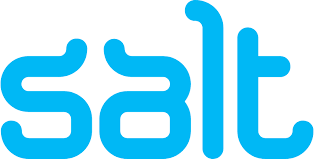
Cyber Security Product Manager / Owner – Telecoms – London
- London
- £700 per day
- Permanent
- Full-time
- Act as the technology interface for one or more product lines, working with LOB Product Managers.
- Define and deliver technology strategies and product development plans that align with business objectives.
- Ensure the roadmap is technically feasible, cost-aligned, and delivery-ready.
- Oversee end-to-end planning, from mandatory enablers (e.g., KTLO, technical debt) to innovation and security.
- Lead the creation of user stories, technical specs, and architecture alignment across the product lifecycle.
- Own the backlog for your value streams; work closely with squads, architects, and vendors to drive delivery.
- Balance business priorities with technical realities, timelines, cost, and quality expectations.
- Monitor product and platform KPIs, costs, vendor SLAs, and in-life risks/issues.
- Coordinate with operational teams to manage capacity, change, and service performance.
- Ensure compliance with cybersecurity, data privacy, and business resilience standards throughout the lifecycle.
- Proven experience as a Technical Product Owner or equivalent in technology or telecoms.
- Strong understanding of cloud-native architectures, platforms, APIs, and service models (without needing to be a solution architect).
- Excellent skills in agile product delivery (Scrum, SAFe, Spotify models), backlog ownership, and feature/story decomposition.
- Demonstrated ability to work across cross-functional teams, global markets, and virtual delivery models.
- Strong budget management and vendor oversight experience.
- Working knowledge of security-by-design, data privacy, and compliance frameworks.
- Hands-on experience with Jira, Confluence, and Office collaboration tools.
- University degree in Computer Science, Engineering, Business/IT or similar.
- Agile certifications (e.g., SAFe POPM, Scrum Product Owner).
- Technical certifications (e.g., CCNA, MEF) are a plus.
- Experience operating in multi-market and regulated environments.
- The success of product launches, enhancements, and in-life optimisations.
- The alignment of business demand with feasible, scalable technology plans.
- The integration of innovation, co-creation, and continuous improvement into the technology roadmap.